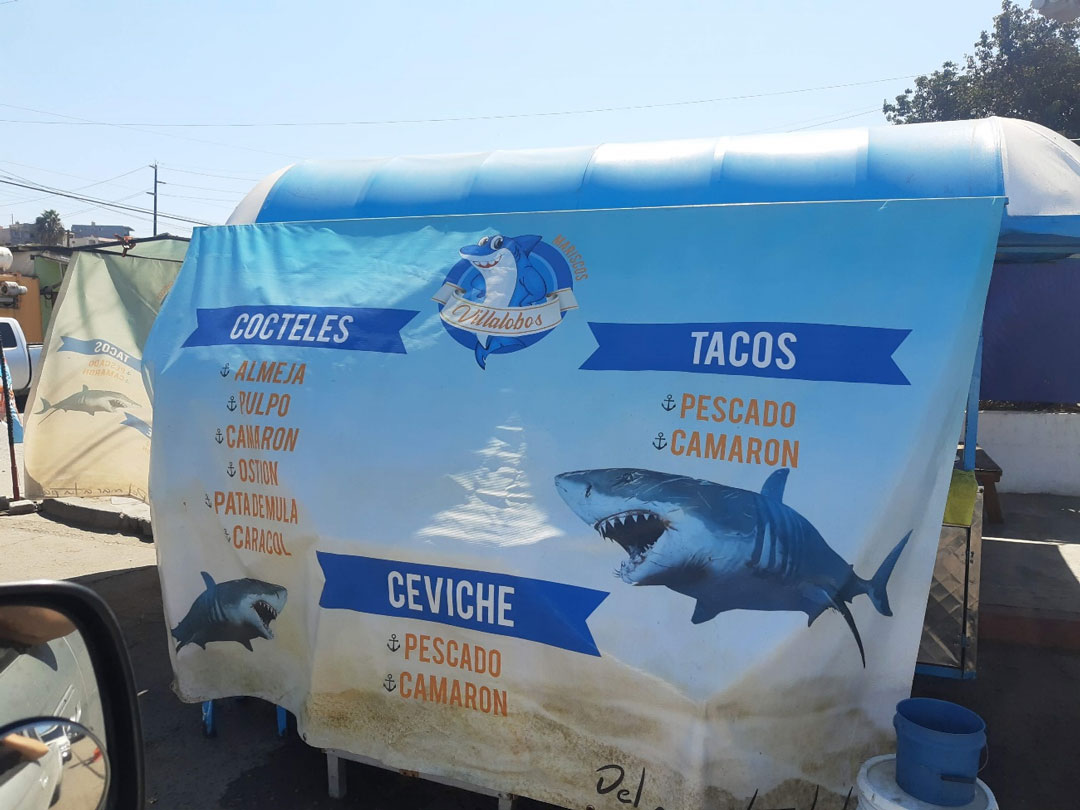A cartilaginous mystery on sale.
Have you ever savoured a dish at an incredibly delicious restaurant yet wondered about its ingredients? You pay more attention to the menu. You read the name of your dish but struggle to comprehend the ingredients due to the labels being in a different language. Nonetheless, you disregard this fact and joyfully indulge in the food.
This scenario is not unique; it occurs repeatedly worldwide. In most cases, we remain unaware of the contents of our meals. Mexico is no exception to this phenomenon. People venture out to enjoy a meal at places where “tacos de Pescado” (fish tacos) are sold, ignorant of the fish species they are consuming. These establishments source their ingredients from local seafood markets, where vendors often mislabel their products, resulting in a mismatch between the advertised and the actual product. This substitution of ingredients is not limited to Mexico and is a prevalent issue in numerous countries.

Mexican representation of a fish taco stand with no specification of the species that are being sold. Photo © Alexis Jiménez.
The implications of such practices are far-reaching: firstly, they pose risks to human health, as consumers unknowingly ingest products of differing quality, potentially contaminated with substances like mercury or lead; secondly, they affect consumers economically, as they pay more for products of lesser commercial value; thirdly, they undermine the management of marine resources, as seafood products are traded without proper species identification, leading to inadequate oversight of exploited resources and an absence of accurate data on species trade volume within the country.
So, the next time you find yourself seated at a restaurant table, ordering a seafood dish, take a moment to contemplate: What are you truly consuming? Despite the temporary satisfaction of a delightful taste, it is crucial to cultivate awareness and question the extent to which your meal, or fish taco, contributes to the environment, economy, and society.
